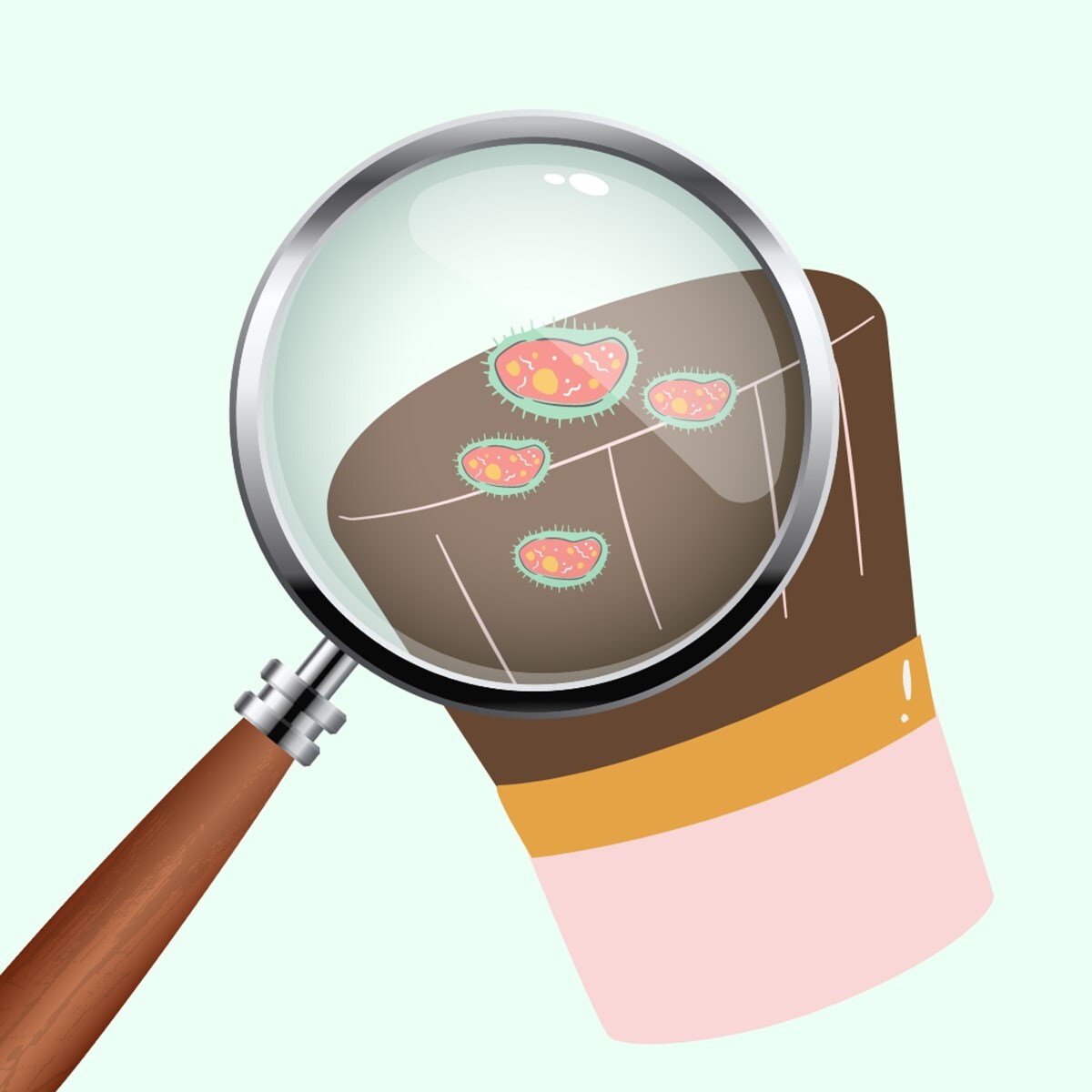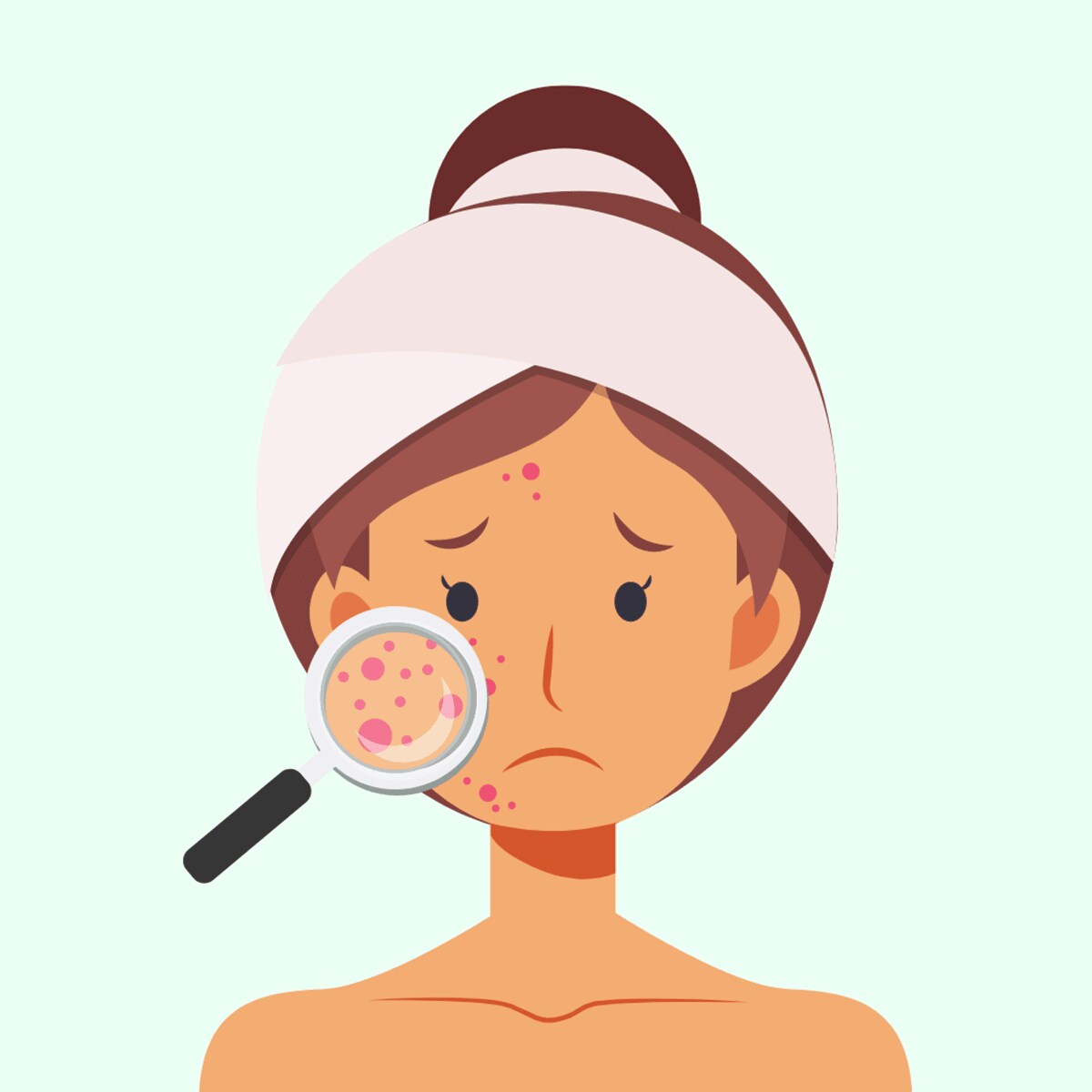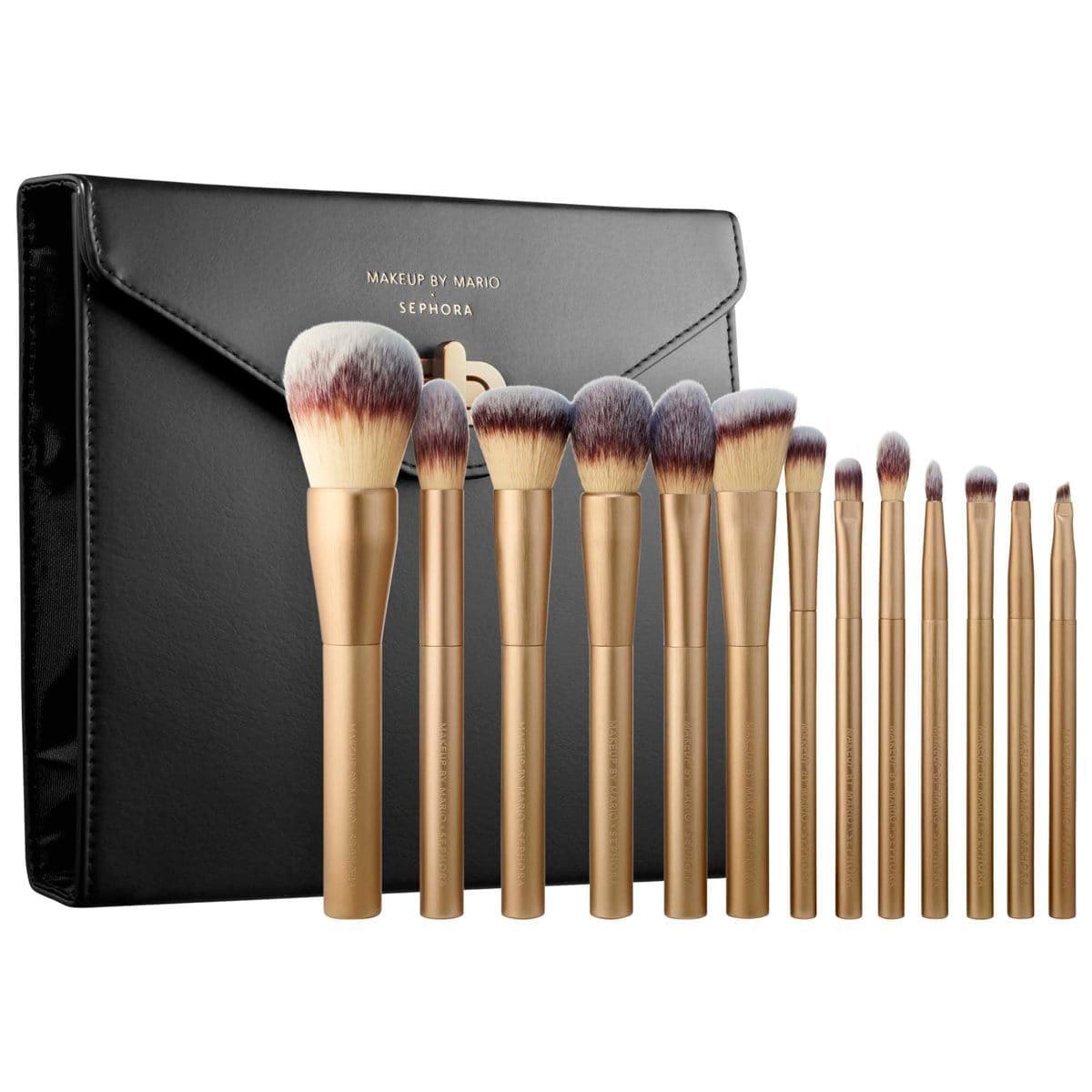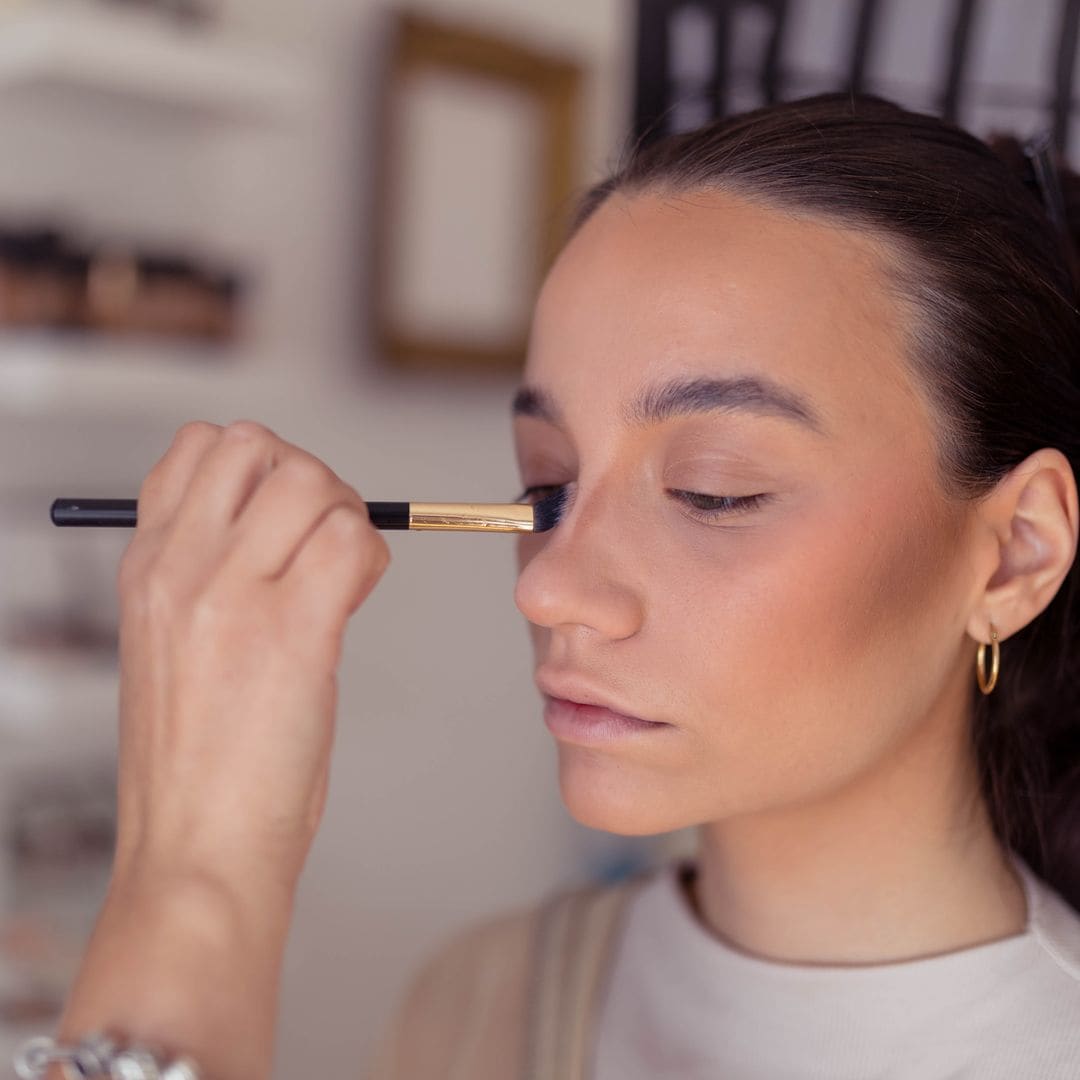Put that brush down! When was the last time you washed it? Recently? Good job! But if you can’t remember, please keep reading. You will be surprised by how important it is to keep your cosmetics sanitized.
You may not know this, but makeup brushes are a breeding ground for bacteria and other microorganisms. So if you don’t clean them often, you will literally be painting and smearing bacteria all over your skin? Eww!
Dirty brushes are linked to acne flare-ups and more severe skin infections. “Makeup brushes are cited as a possible reservoir of infection for the dangerous, contagious, superbug - methicillin-resistant staphylococcus (MRSA),” said doctor and skincare expert Dr. Deborah Lee to RY,
“This bacterium is a cause of a wide range of skin conditions, as well as systemic illnesses. It can result in erysipelas, cellulitis, impetigo, folliculitis, and skin carbuncles,” the expert added. “If you don’t wash your makeup brushes, they gradually get clogged up with dead skin cells, dried clumps of makeup, dirt, and grime.”
According to the expert, dirty skin makes applying foundation smoothly impossible. “You end up trying to plaster it on more thickly, which is expensive and nonsensical. Stiff bristles can cause tiny micro-abrasions in the skin, allowing bacteria to get into the deeper layers of the skin,” Dr. Lee explains. “Trauma to the skin increases inflammation with increased levels of oxidative stress. This is harmful to good skin health.”
The doctor also said that skin is not the only part of our bodies that are at risk. “There are reports of an increase in conjunctivitis and blepharitis associated with the use of dirty mascara brushes,” Dr. Lee notes. “Makeup brushes used with dry powders should be washed 1-2 times per week. Liquid foundation is an even worse culprit, and they recommend washing brushes every day. Makeup sponges should also be washed every day.”
How often should we replace our beauty tools?
RY team of experts suggest that if you look after your beauty tools properly, they can last years! However, you should wash and dry them effectively. And once the bristles start to fall out — bye, Felicia! You will know it’s time to replace them.
“Always purchase good quality brushes. These should feel soft in the palm of your hand, not dry and bristly. Check you can’t see any bristles falling out of them, as this indicates low quality,” Dr. Lee advises. “Natural bristles are superior; they tend to hold the color pigments better than synthetic ones. However, these are derived from animal sources, which may not be popular with animal lovers, depending on how they are produced. If you want a good makeup finish, the quality of your makeup brushes is essential.”
RY’s 5 step guide on how to clean makeup brushes
- Choose your favorite makeup cleanser.
- Run the brush under the tap to wet it using lukewarm water. Take care not to let the handle end of the brush where the bristles attach get wet, as this will damage the glue and encourage the bristles to drop out. Focus on cleaning the end of the brush.
- Add some cleanser to the brush and swirl this around, pressing the bristles into your palm with a circular motion and getting a good lather. You can use a brush cleaning mat for this if you prefer. Then rewash the bristles under the tap to get rid of all the suds and grime.
- Squeeze the bristles downwards between your finger and thumb to remove the excess water.
- Lay the damp brush on some kitchen towel overnight to dry.
Important things to remember when it comes to keeping our makeup tools nice and clean are:
- You should clean makeup brushes once every two weeks —yes, really! Bacteria multiply on your brushes, beauty blenders, and makeup sponges.
- Even after appropriate cleansing, bacteria can remain on your makeup brushes. To thoroughly disinfect your brushes, choose a sterilizing makeup brush cleanser.
- Having clean and hygienic makeup brushes is essential for ensuring your skin doesn‘t break out and for a smooth and flawless makeup finish, and maintaining brush quality.
- Makeup brushes become a breeding ground for bacteria through daily use, impurities, dead skin, sebum, and product build-up. Such bacteria can lead to breakouts and flare-ups of skin conditions, such as eczema.
- Product build-up also weakens the brushes’ ability to blend, which can cause irritation and redness when the skin is pulled through applying makeup with a dirty brush and prevent a smooth application and flawless finish.
- Cleaning your makeup brushes regularly will also increase their longevity. Cleaning is essential to maintain brush quality, as product build-up weakens fibers, eventually causing them to break.
,type=downsize)







